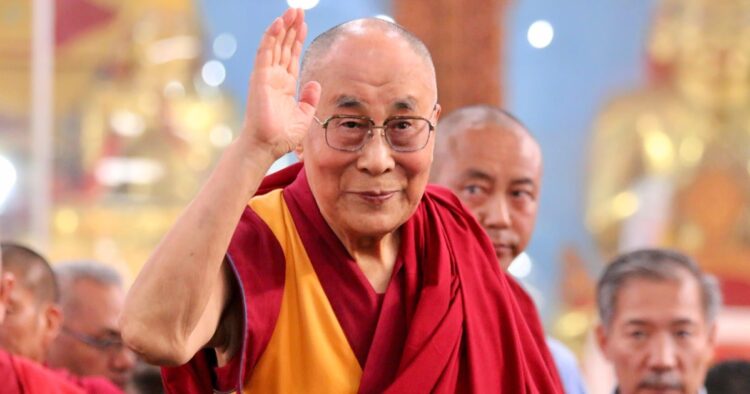China has declared its intention to engage only with representatives of the Dalai Lama and not with officials from the Tibetan government in exile, dismissing any dialogue on Tibet’s autonomy.
Foreign Ministry spokesperson Wang Wenbin labeled the Tibetan government-in-exile, based in Dharamshala, Bharat, as a “separatist” group, emphasizing that it is considered illegal under Chinese law and has received no international recognition.
Wang’s remarks came in response to reports of back-channel discussions between the Tibetan government-in-exile and Chinese authorities.
Despite acknowledgment of informal talks by the head of the Central Tibetan Administration (CTA), Penpa Tsering, China remains steadfast in its refusal to engage with the Tibetan government-in-exile.
According to Wang, China’s stance dictates that discussions will only occur with representatives of the Dalai Lama and solely on procedural matters, rather than addressing Tibet’s autonomy, which has long been the Dalai Lama’s central demand.
The Chinese government has reiterated its two fundamental principles for dialogue with the Dalai Lama’s representatives:
- Engagement exclusively with the Dalai Lama’s envoys, not with officials from the Tibetan government in exile.
- Limiting discussions to procedural arrangements, disregarding the issue of Tibetan autonomy.
Wang emphasized the need for the Dalai Lama’s representatives to reflect on their actions and cease any activities deemed detrimental to the stability of Tibet.
The history of dialogue between the Dalai Lama’s representatives and the Chinese government reveals a lack of substantial progress. Despite nine rounds of talks held between 2002 and 2010, discussions failed to yield tangible outcomes.
The Tibetan side advocated for genuine autonomy in line with the Dalai Lama’s Middle-Way Policy, which seeks a middle ground between complete independence and Chinese control. However, formal dialogue ceased after 2010, leaving the Tibetan issue unresolved.
As China maintains its stance against engaging with the Tibetan government-in-exile and refuses to discuss autonomy for Tibet, the prospects for a resolution to the Tibetan issue remain uncertain.
With informal talks underway and calls for renewed dialogue echoing from Dharamshala, the future of Tibet’s quest for autonomy hangs in the balance, dependent on the willingness of both parties to find common ground and pursue meaningful dialogue.

















Comments